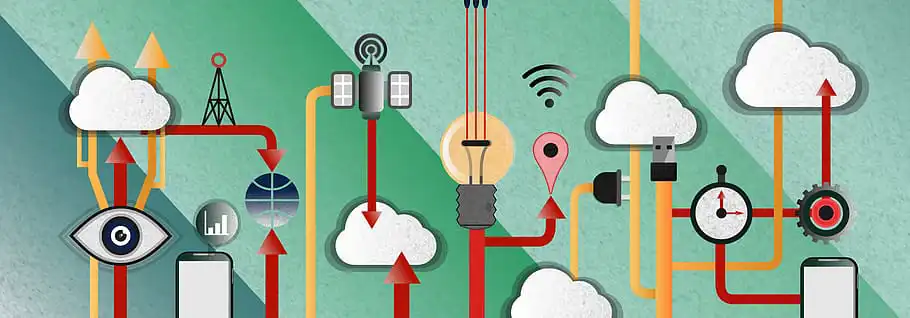The Spread of Climate Change Misinformation
Public opinions on climate change are often swayed by widespread misinformation, despite strong scientific evidence to support the reality of this phenomenon. Why, then, does this disinformation persist? This article explores the factors that contribute to the perpetuation of such falsehoods.
The role of misinformation in shaping public attitudes towards climate change is increasingly becoming a serious impediment to taking necessary steps to combat climate change. Unfounded beliefs and ideologies often overrule the scientific consensus in public discourse.

This problem doesn’t stem from a lack of information. Rather, it often results from the deliberate dissemination of incorrect details to support divergent political or economic interests. Polarizing the issue only serves to heighten these misunderstandings.
The pervasiveness of social media channels and the ease with which misinformation can be spread play significant roles in this challenge. A misleading post has the potential to reach millions of people within a short period.
Perpetuation of Disinformation
Disinformation persists because it taps into preconceived beliefs and narratives, reinforcing them without the need for credible evidence. Studies have shown that people are more likely to believe in views that accord with their existing outlook on the world.
Human beings have a natural inclination to resist information that contradicts their pre-existing beliefs. This resistance often results in cognitive dissonance – a state of psychological discomfort when confronted with conflicting views. To reduce this discomfort, individuals tend to rationalize the misinformation to fit their predetermined views.
Moreover, the presentation of information plays a crucial role in its acceptance or rejection. If made to sound plausible or compelling, even false information can be accepted as truth by a significant number of people.
The severity of climate change and the measures required to tackle it can be overwhelming. This makes denial an attractive psychological strategy, leading to the acceptance of disinformation that contradicts the severity or reality of this crisis.
Identifying Misinformation
Identifying misinformation can be challenging due to its ability to mimic factual information. Once entrenched in a narrative, separating fact from fiction can become complex and exhausting.
Experts in the field have the responsibility of communicating the aspects of climate change in a manner that can be understood by the public. However, the scientific jargon, by default, creates a loophole for disinformation to exploit, giving birth to various misconceptions.
In addition, the scientific uncertainties surrounding some aspects of climate change can be exploited and exaggerated, leading to further doubts and mistrust. This manipulation of uncertainty tends to drive individuals towards denial rather than acceptance.
One startling example of this is how minor scientific disagreements are often exaggerated into major debates, fuelling further disinformation campaigns.
Educating for Change
Countering climate change disinformation requires more than just correcting misconceptions. It requires acknowledging and addressing the psychological, social, and cultural factors contributing to its proliferation. Empathy and understanding play crucial roles.
The need for effective climate change education extends beyond our school systems. Everyone, irrespective of age or profession, needs to be armed with scientific knowledge — not as a solution to end disinformation but as a shield against it.
Tackling climate change also requires collective action. It’s not solely a scientific issue; it encompasses political, economic, social, and ethical elements. Tackling this interconnected system requires integrating a range of disciplines and understanding various viewpoints.
Lastly, there’s a need for the media to resist sensationalism and strive for objectivity in their reporting. By using more accurate reporting, the spread of misinformation can be reduced, allowing the facts about climate change to reach a larger audience.